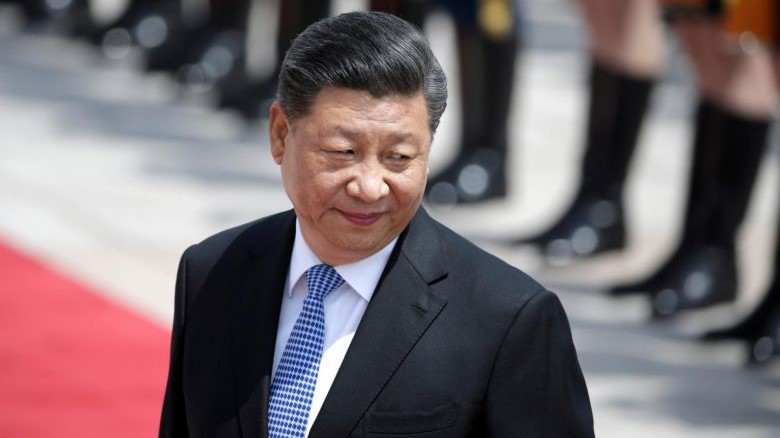
Chinese President Xi Jinping has vowed to “adjust excessively high incomes.” In doing so, he warns China’s super-rich that the state will redistribute their wealth to tackle the country’s growing inequality. The ruling comes amid a sweeping effort to curb Chinese multinationals.
At a meeting of China’s Central Committee on Financial and Economic Affairs, President Xi Jinping said the government should “regulate excessively high incomes and encourage high-income groups and enterprises to give more back to society.” Within the communist party, there has long been a dissatisfaction with the emergence of a new class of wealthy entrepreneurs.
That is why the Chinese government previously decided to set up a ‘common prosperity agenda’. The country’s largest private companies are being urged to give more back to society but face stricter environmental laws, forcing them to pay fines to the Chinese state. As a result, the shares of the largest Chinese companies are also falling.
The Financial Times calculated that due to the measures and the unfavourable stock market climate, the richest tycoons in the country have already seen their wealth dwindle by 16 percent since the end of June. They also try to face the president in his campaign against the super-rich. Tencent, one of China’s most prominent tech groups, has already said it is investing more in small businesses and the state and is regulating the sale of its products more strictly, a move that left analysts astonished.
However, President Xi has no intention of slowing down in his war against the super-rich. He is also expected to raise wealth tax soon, as well as income tax rates. In this way, he wants to achieve an ‘olive’ income distribution: as few low-income groups and high-income groups as possible. High wages within the government are also soon to be overhauled.







